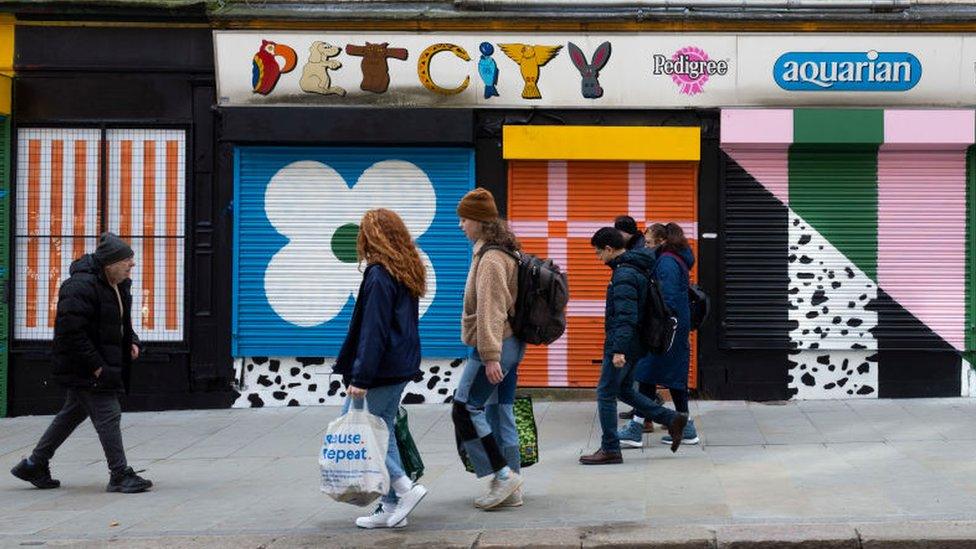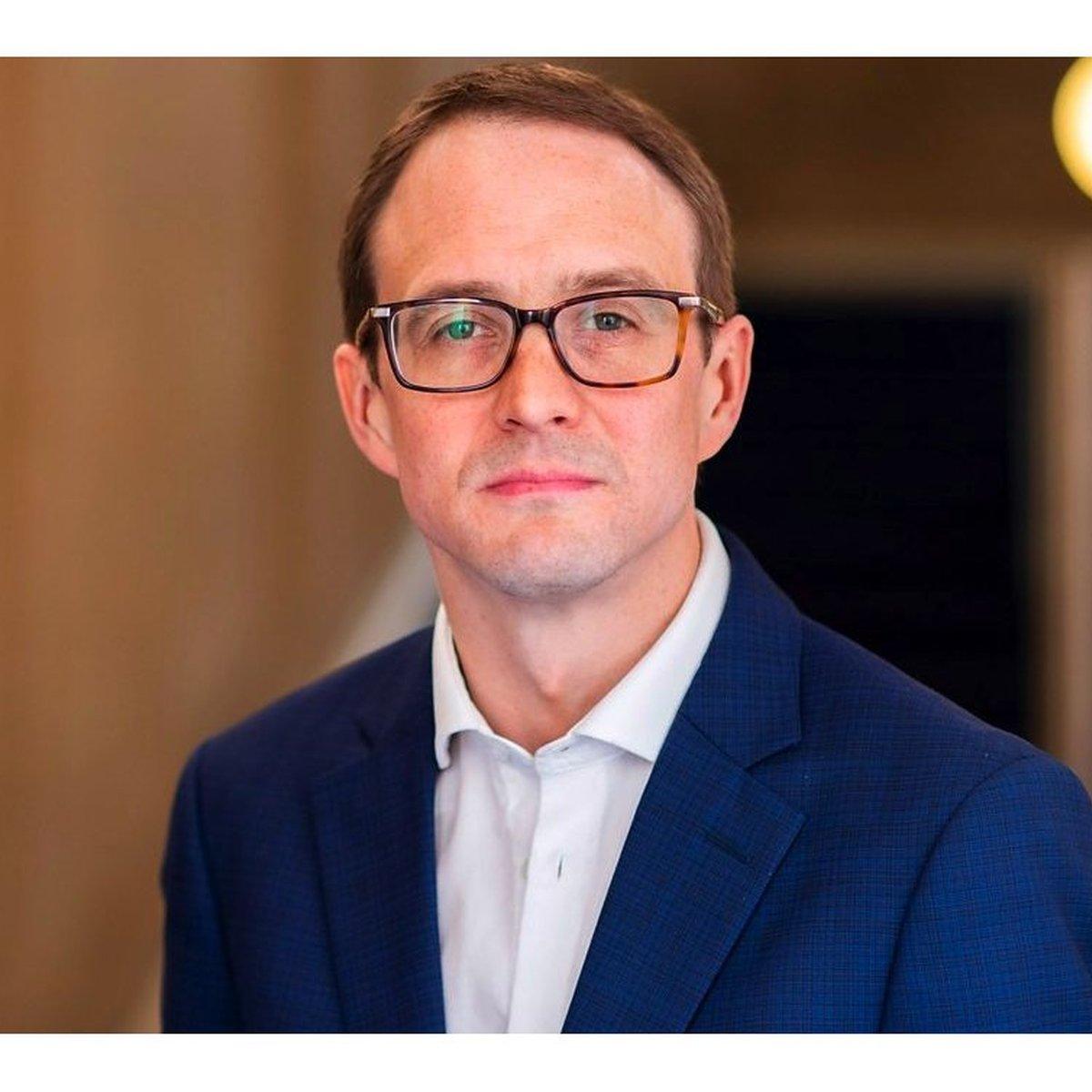Rishi Sunak grilled over tax rises, spending cuts and small boat crossings
- Published
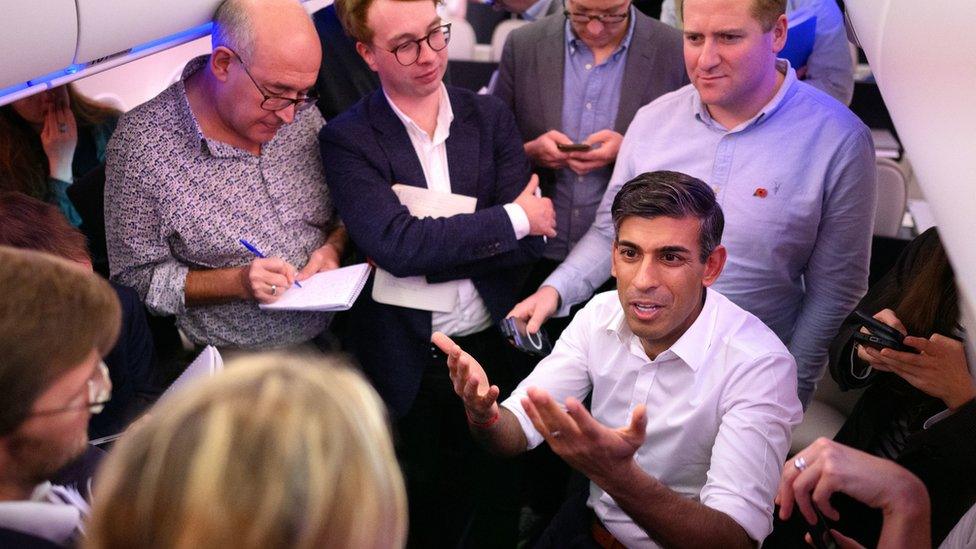
Prime Minister Rishi Sunak took questions from the travelling press pack on the way to the G20 summit in Indonesia.
Another trip, another prime minister.
I've been the BBC's political editor for six months, but this is the first overseas trip I've done where the prime minister travelling is the same as the one on my previous trip.
In June, I travelled with Boris Johnson to the G7 Summit in Germany and the Nato summit in Spain. In September, it was Liz Truss travelling to the United Nations in New York.
And then, last week, Rishi Sunak did his first foreign visit as prime minister, to the COP27 climate summit in Egypt.
I now type these words during a brief, middle-of-the-night refuelling stop in Dubai, ahead of another 10 hours in the air to Indonesia - and yes, Mr Sunak is with us as we head to the G20 summit in Bali.
Like many of us, he's changed out of his work clothes for something more comfortable - he's a fan of hoodies - for the long haul to the southern hemisphere.
The G20 is an economic forum where the long haul of reviving the global economy, given the consequences of the war in Ukraine, will dominate.
And so the economy frames the prime minister's week: the international picture from Monday to Wednesday in Bali, and then - with a spot of jet lag, no doubt - the Autumn Statement in Westminster on Thursday.
All the political talk is about that statement, now in just a few days' time.
What many will see as a bad news budget is highly likely to provoke the kind of rows within the Conservative Party and beyond that we haven't yet seen during Mr Sunak's time in No 10 - rows about whether the prime minister and the chancellor have made the right calls.
Already some on the right, both on the Tory backbenches and among the Conservative-leaning newspapers, are arguing tax rises and spending cuts are un-Conservative and risk making a bad situation worse.
The travelling press pack got to ask Mr Sunak about this on the first leg of this schlep out to Indonesia.
It happened in what is called a huddle, where the prime minister comes to the back of the plane, we all crowd around and he takes questions from each of us for the best part of 45 minutes, on any topic we can think of.
I know what you might be thinking reading about a load of reporters flying to the other side of the world with the prime minister: is it a bit cosy?
Well, all I can say is having a couple of dozen sceptically minded reporters surrounding the prime minister and asking whatever we like, including follow-ups, for rather a while - and then dissecting every syllable afterwards - feels like close scrutiny.
So, what did he say about the tax rises and spending cuts that are coming?
He claimed it was his approach that had meant "financial conditions in the UK had stabilised".
This was specifically because, he reckoned "people expect the government to take the decisions that will put our public finances on a sustainable trajectory, and it's the government's job to deliver on that".
To advocate anything else could lead to chaos, is the thrust of his argument, one some on the left and the right would take issue with.
But what he portrays as a necessity, others see as an economic choice.
There are Conservatives who think there should be more emphasis on spending cuts and less on tax rises, as well as a much greater focus on economic growth.
And there are the opposition parties who argue so much of what Mr Sunak and Chancellor Jeremy Hunt confront is a consequence of what they see as long term Conservative mismanagement of the economy.
The other main thing worth mentioning as this trip gets under way is the issue of migrants crossing the English Channel in small boats.
The government is signing a new deal with France on Monday to try to stop people crossing in that way.
It will see the number of officers patrolling the French coast to try to stop people setting off rising from 200 to 300, with the UK paying France around £63m to fund it - an £8m increase on the current annual cost.
The prime minister sought to emphasise to us how important he sees it - and how much of his own time it has taken up.
"I've spent more time working on that than anything else, other than obviously the Autumn Statement, over the past couple of weeks," he told us.
The big question is whether what is being announced will make a noticeable difference. Home Secretary Suella Braverman has acknowledged the situation was "out of control."
The big test, then, is will these measures leave people with the impression the government is actually in control?
- Published18 November 2022
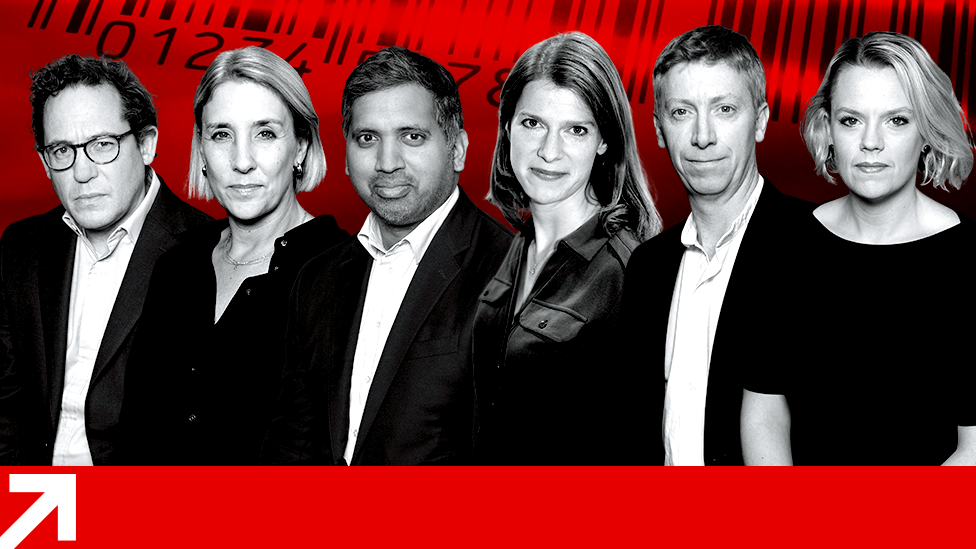
- Published10 November 2022
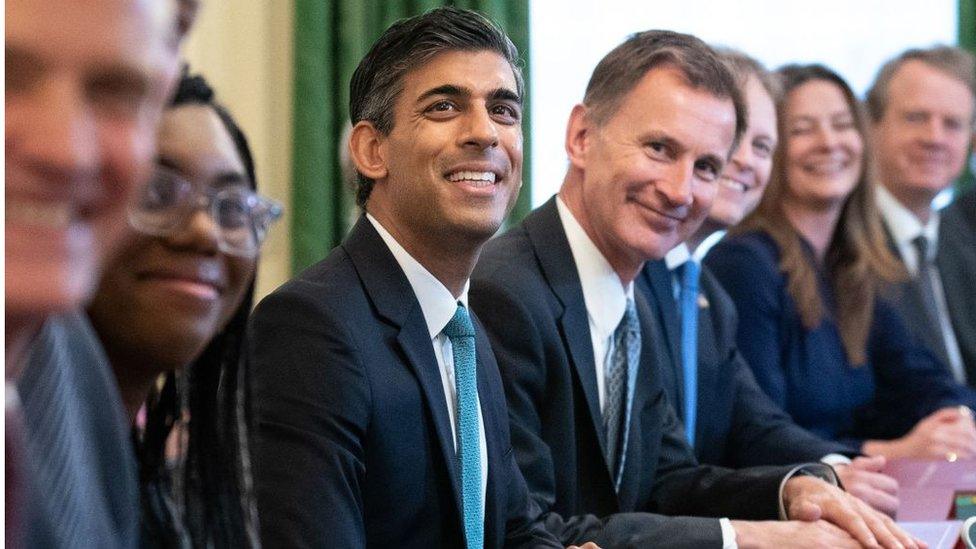
- Published17 November 2022
